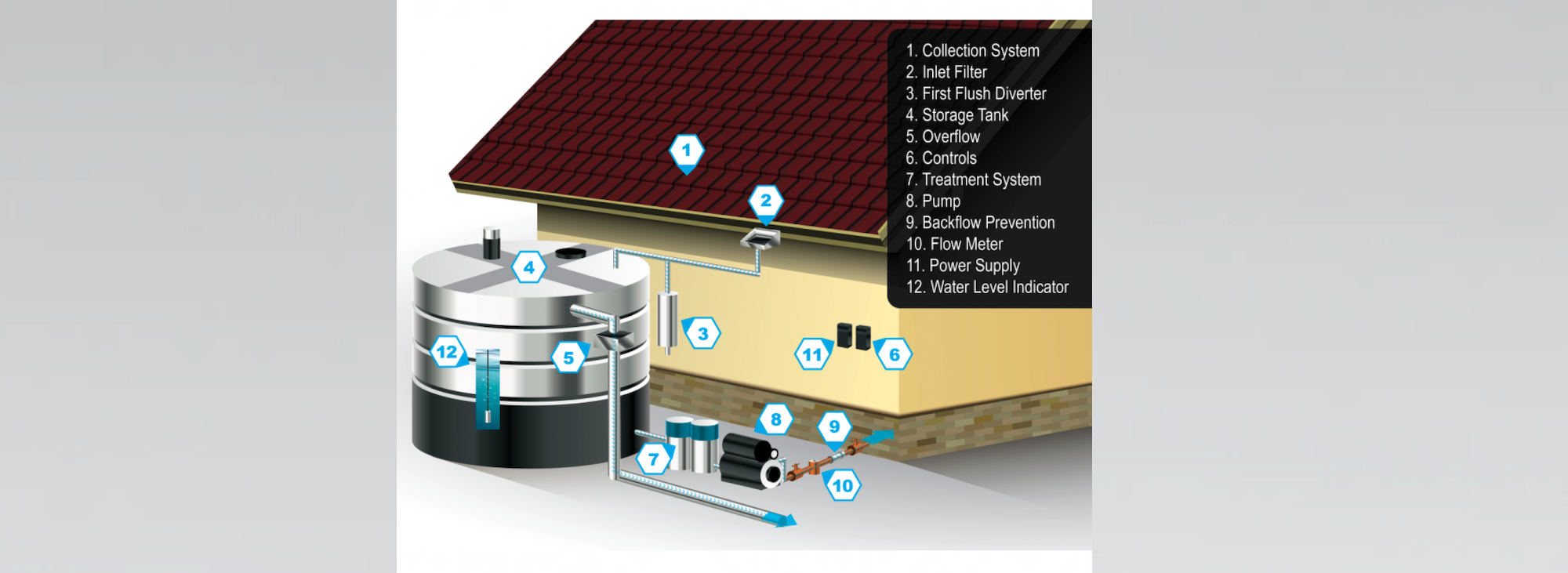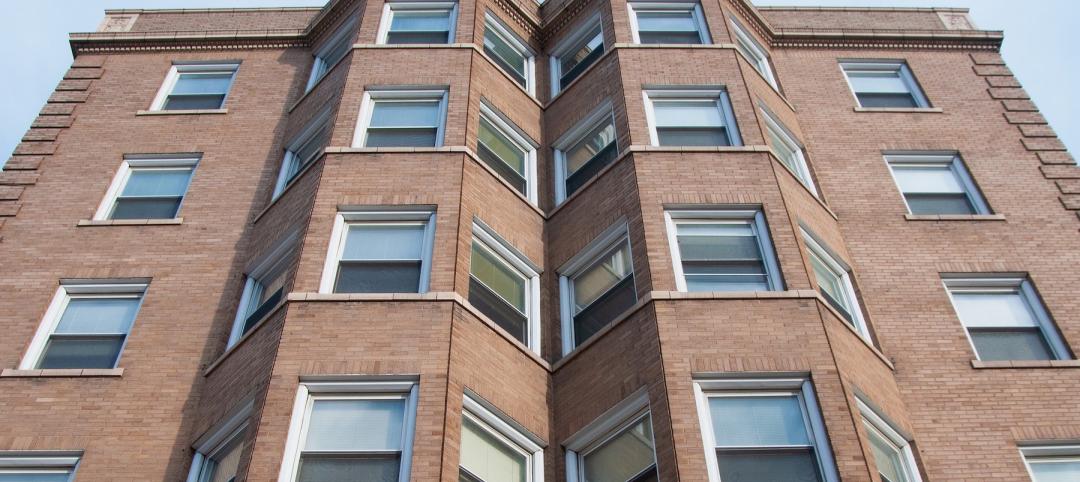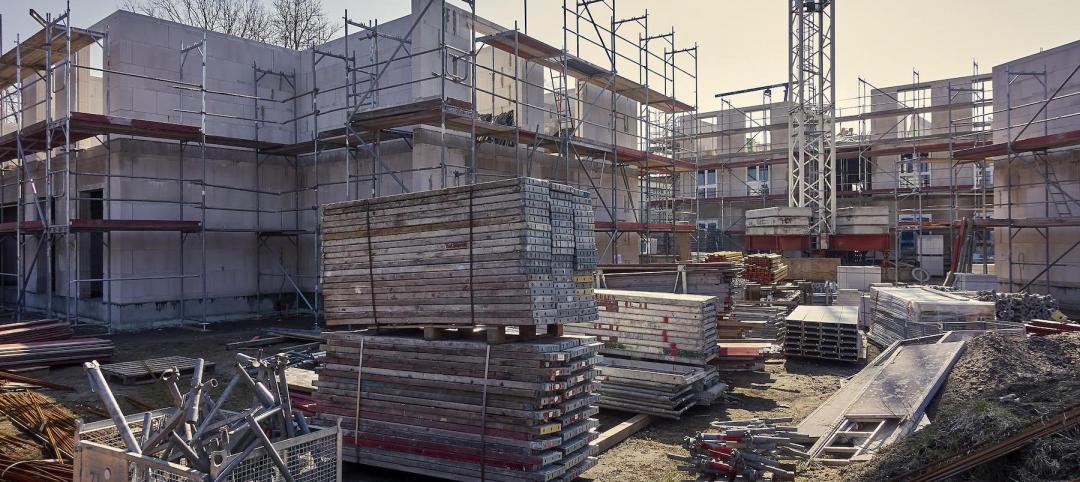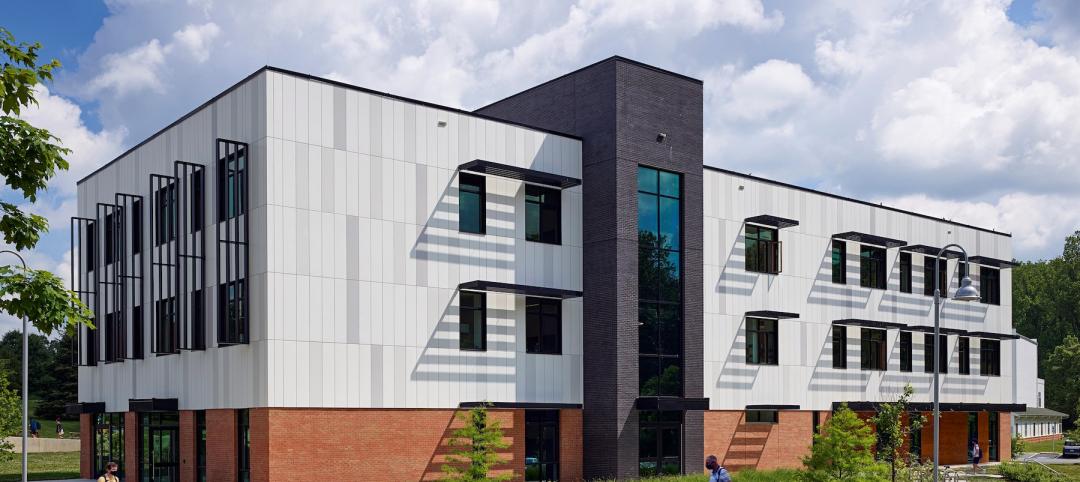ASSE/ARCSA/IAPMO/ANSI Series 21000-2022, Professional Qualifications Standard for Rainwater Catchment Systems Personnel, has been designated as an American National Standard by the American National Standards Institute (ANSI).
Now available for purchase, the standard was first published in 2017 by ASSE International and the American Rainwater Catchment Systems Association (ARCSA) to address an increasing number of residential, commercial, and industrial rainwater and stormwater systems being installed. The standards within Series 21000 establish best practices and uniform minimum requirements for qualified designers, installers, and inspectors of viable alternative water systems utilizing captured rainwater or stormwater.
Program guidelines and a series of exams have been created for the certification of rainwater catchment system installers, designers and inspectors. The standard complements ARCSA/ASPE/ANSI 63, Rainwater Catchment Systems, and ARCSA/ASPE/ANSI 78, Stormwater Harvesting System Design for Direct End-Use Applications.
“Today, 42.4% of the U.S. and 50.7% of the lower 48 states are in drought. Properly designed, installed, and inspected rainwater catchment systems can help replace the use of potable water for irrigation and allow for watering landscaped and gardened areas during times of drought,” said Kurt Steenhoek, United Association (UA) international representative and ASSE Series 21000 Working Group chairperson. “These systems can help bring water to areas that have development restrictions, depleted ground or surface water sources, or infrastructure that is unable to deliver suitable water quantities or qualities.”
Related Stories
Mass Timber | May 31, 2022
Tall mass timber buildings number 139 worldwide
An audit of tall mass timber buildings turned up 139 such structures around the world either complete, under construction, or proposed.
Legislation | May 20, 2022
Arlington County, Virginia may legalize multifamily housing countywide
Arlington County, Va., a Washington, D.C.-area community, is considering proposed legislation that would remove zoning restrictions on multifamily housing up to eight units in size.
Codes and Standards | May 20, 2022
Wildfire threat score now available for all U.S. homes
The non-profit First Street Foundation has made publicly available a database that assesses the wildfire risk of all U.S. homes.
Coronavirus | May 20, 2022
Center for Green Schools says U.S. schools need more support to fight COVID-19
The Center for Green Schools at the U.S. Green Building Council released a new report detailing how school districts around the country have managed air quality within their buildings during the second year of the COVID-19 pandemic.
Regulations | May 20, 2022
Biden’s Clean Air in Buildings Challenge aims to reduce COVID-19 spread
The Biden Administration recently launched the Clean Air in Buildings Challenge that calls on all building owners and operators, schools, colleges and universities, and organizations to adopt strategies to improve indoor air quality in their buildings and reduce the spread of COVID-19.
Codes and Standards | May 19, 2022
JLL launches non-profit aiming to mitigate climate change
Real estate and investment management firm JLL recently launched JLL Foundation, a non-profit dedicated to making a long-term impact on environmental sustainability.
Biophilic Design | May 18, 2022
Horticulturalists conduct research study to understand the value of biophilic design
Benholm Group, horticulturalists that have pioneered the use of plants for interiors over the past 27 years, are collaborating on a research study to understand the value of biophilic design, according to a news release.
Building Team | May 17, 2022
MKA’s Embodied Carbon Action Plan will include reporting on carbon reductions for selected projects
Magnusson Klemencic Associates (MKA) recently released its SE 2050 Embodied Carbon Action Plan (ECAP) for 2022.
Codes and Standards | May 16, 2022
AIA releases Justice in the Built Environment guide
The American Institute of Architects (AIA) recently published a new supplementary edition of the Guides for Equitable Practice, titled “Justice in the Built Environment.”
K-12 Schools | May 16, 2022
A Quaker high school in Maryland is the first in the U.S. to get WELL Gold certification
Designed by Stantec, a Quaker high school is the first in the US to receive WELL Gold certification, which recognizes a commitment to occupants’ health and well-being.

















